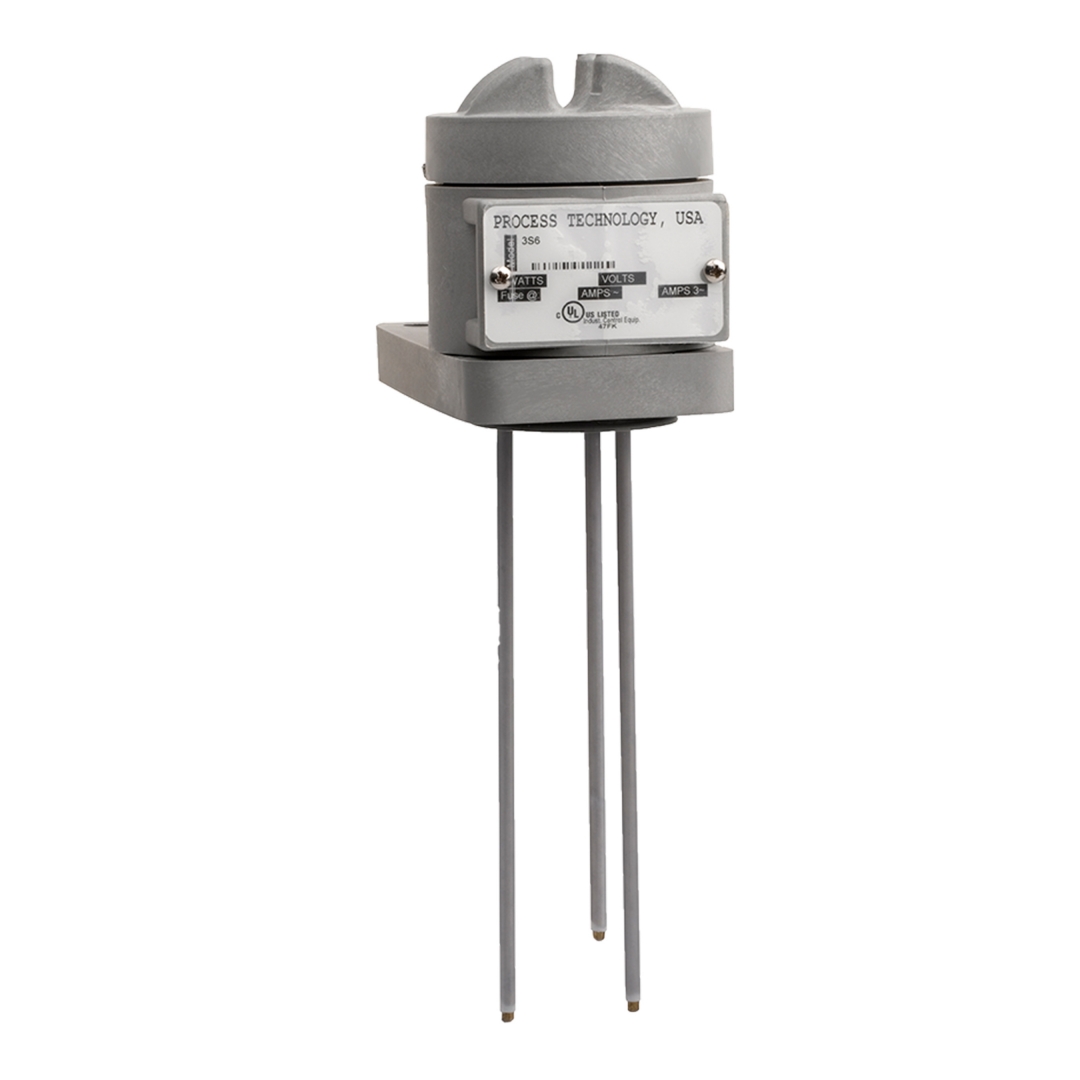Category
For More Information about the product contact us, order quote request or call 800.565.5278
LP Series Liquid Level Control
Application
Provides automated control and consistent liquid levels in most conductive aqueous processes, waste treatment tanks and when leak detection is required.
Materials
316 stainless steel, titanium, Hastelloy C ® and graphite tipped Hastelloy probe materials
Performance
Specifications
Please see product bulletin for details
Features
- Adds protection against damage and tank fires associated with low-level conditions
- Fluoropolymer (PTFE) covered: 316 stainless steel, titanium, Hastelloy C ® and graphite tipped Hastelloy probe materials. Lengths: up to 48 inches (1220mm) standard. Field trimmable(except graphite probes).
- Probe enclosure: vapor tight, flame retardant, polypropylene head with 10-foot (3m) flexible cord and quick connect plug for easy connection to remote circuitry
NOTE: Do not use in flammable solutions or in the presence of flammable gases. Does not function in deionized water, oil or other non-conductive solutions.
- Two probe units: for single point control. Multi probe units: for two-pointESPV model: for direct immersion applications
- Control enclosure: gasketed NEMA 1, IP21 flame retardant, polypropylene box with stainless steel hardware.
Provides automated control and consistent liquid levels in most conductive aqueous processes, waste treatment tanks and when leak detection is required.
Capacities: Relay rating: 10-amps at 120 to 240 volts. 50/60Hz. single pole, double throw. Sensing output: 14.5 VAC. Ambient temperature range: 0°F (-18°C) to 104°F(40°C). Maximum solution resistance: 70,000 ohm-CM. Single phase only.
Options: Probe lengths up to 20-foot (6m). LC circuit board can be pre-wired into combination. controls. Fluid stilling chambers. Longer probe cords. Probe cord extensions for existing units. 4, 5 or 6-probe devices for multiple level control applications.
Safety: Ground connection on circuit board. Minimal AC sensing current has no affect on plating processes.
Process Technology Product Bulletin
Download file
